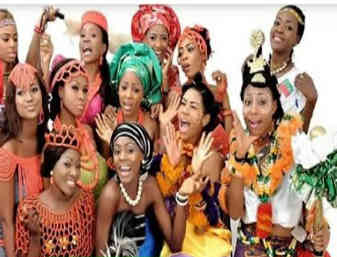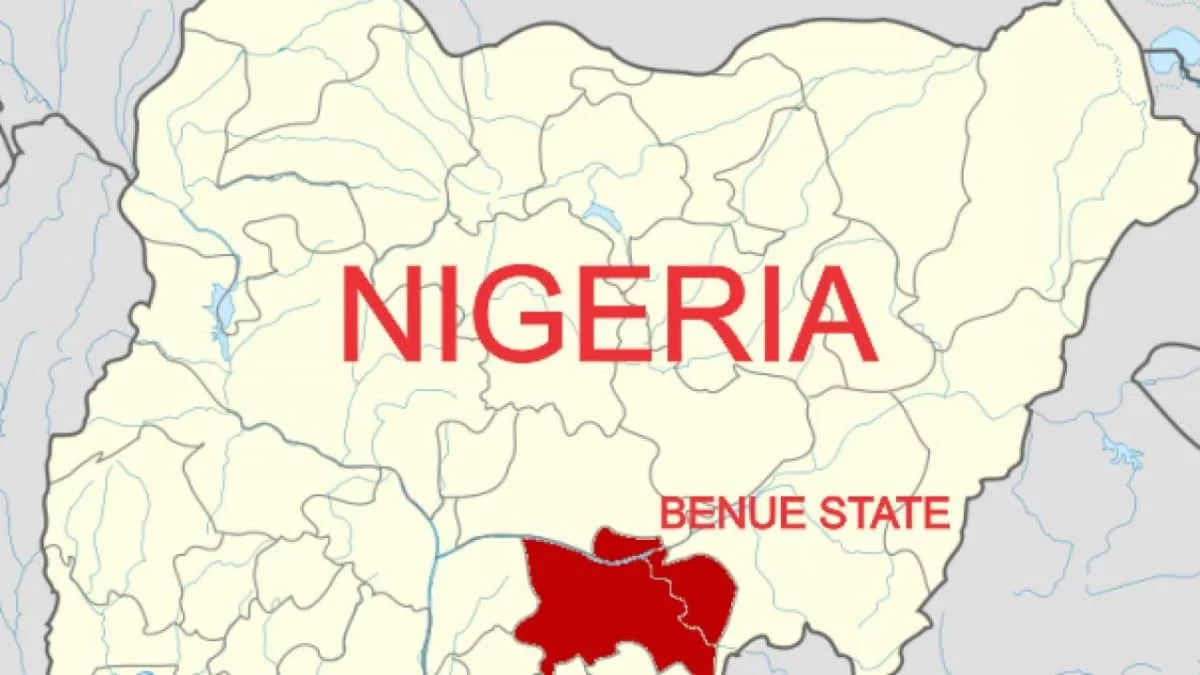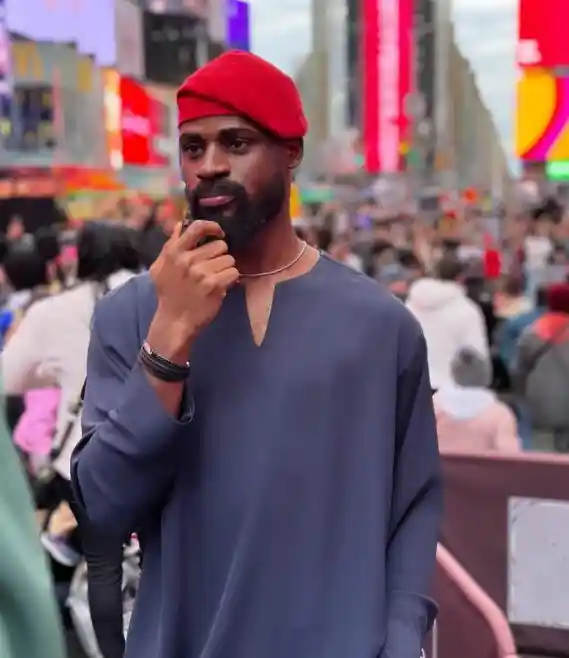What is the oldest Tribe in Nigeria?
Is Igbo the oldest tribe in Nigeria or Is Ijaw the oldest tribe in Nigeria?
This page discussed all the top 10 oldest tribes in Nigeria, including the years they where spotted in Nigeria.
Nigeria is a multi-ethnic African country with numerous tribes and languages. Although the major tribes in Nigeria are the Igbos, Yorubas, and Hausas, there are other minorities spread across the federation who are also citizens of the country. There were ancient tribes that existed prior to the creation or even amalgamation of Nigeria in 1914, each with their own culture, form of government, and religious practise.
Also read Friday Ankara outfit, 5 New ways to rock them
What is the oldest tribe in Nigeria?
Before the year 1500, Nigeria’s current settlement was divided into kingdoms rather than states, as it is today. These ancient kingdoms identified themselves through the names of ethnic groups. The Nupe Kingdom, Kanem-Borno Empire, Igala Kingdom, Igbo Kingdom of Nri, Oyo Empire, Kingdom of Ife, Benin Kingdom, and the Sokoto caliphate were among these early empires. Later in the nineteenth century, Christian missionaries brought the Portuguese and English to West Africa. The missionaries claim to have taught the indigenous peoples how to read and write.
In this post, we will look at ten of Nigeria’s oldest tribes and provide information about them. Please keep in mind that no one can pinpoint the exact tribe that claims to be the oldest, but we have records that show that the ten tribes listed below are the oldest in the country today.
Nigeria is a diverse country with over 197 million people who are members of one of 300 ethnic groups. Because they are direct descendants of some of the earliest modern human populations, many indigenous tribes have distinct DNA markers. These tribes are distinguished by their genetic and linguistic characteristics. Moreover, despite English colonisation, many tribes have maintained their cultural traditions for thousands of years. Which of these tribes was the first to appear? Here is a list of some of Nigeria’s oldest indigenous population groups.
What is the oldest Tribe in nigeria?
The following are the ten oldest tribes in Nigeria. This ranking isn’t determined by any arbitrary criteria. Furthermore, we are simply assigning these tribes a non-official ranking based on historical facts and data.
What is the top 10 oldest tribes in Nigeria?
These are the ancient tribes that once inhabited Nigeria, along with some information about each of them, listed in no particular order.
NUPE TRIBE
It is believed that the Nupe people are responsible for the development of the majority of the dialects and languages that are spoken in the middle best region of the country. The Nupe tribe is considered to be one of the oldest tribes in the country. You can look for them in the states of Niger, Kwara, Kogi, and the Federal Capital Territory, respectively. Around the middle of the 15th century, the ancient Nupe Kingdom emerged in a basin located in the middle of Niger state and the Kaduna rivers.
The majority of the history that was learned about this ancient kingdom consisted primarily of legends that were passed down through oral tradition. Around the year 1770, it was said that King Jibiri was the first Nupe king to embrace the Islamic religion. King Jibiri During the 1800s, when the Nupe kingdom was at its peak of prosperity, Ma’azu served as its monarch. After Ma’azu passed away, the Fulani began their conquest of Northern Nigeria through a series of wars, which ultimately resulted in the Nupe Kingdom being conquered and incorporated into the Gwandu Emirate. This took place after Ma’azu’s death.
- what is the oldest tribe in nigeria?
The Nupe people currently speak over 5 different dialects, the most common of which are the Bassa-Nge, Kupa, Kakanda, Dibo/Abawa, and Gana-Gana varieties. Nupe people are considered to be one of the oldest tribes in Nigeria. The Nupe ethnic group is at the centre of Nigerian art and culture, and it is possible that the roots of the majority of Middle Belt dialects can be traced back to this group.
IGALA TRIBE
Igala is another oldest tribe in nigeria. The Igala people are yet another ancient ethnic group in Nigeria that deserves to be mentioned. The Igala kingdom was established in the 16th century, making them one of the oldest tribes in the country. During the 16th century, Abutu-Eje laid the groundwork for what would later become the Igala Kingdom. This kingdom was ruled by a group of nine high officials known as the “Igala Mela.” The sacred Earth shrine was believed to be guarded by these men at all times.
Ebule-Jonu was the first person to hold the title of Ata, which refers to the ruler of the Igala kingdom. Her brother Agana-Poje, who was the father of Idoko, who would later succeed him, took over after she passed away. Ayegba was the second son of Idoko and took over as Ata’Gala after his father. He was the leader of the popular war that was fought against Jukun. The Igala people, who originally settled in the region formed by the confluence of the Benue and Niger state rivers, are famous for their bravery. They have also been discovered in the state of Kogi.
IJAW TRIBE.
Ijaw is the oldest tribe in Nigeria.
The Ijaw are a people who are indigenous to Nigeria and the majority of them reside in the Niger Delta. Bayelsa, Delta, and Rivers are three states in Nigeria that have significant population concentrations. They are also long-term migrants in other states in Nigeria, such as Ondo, Akwa Ibom, and Edo State, where they can be found there. Other states in Nigeria. Ijaws make up just over 10 million people, which is equivalent to approximately 1.8% of Nigeria’s total population.
Since 500 BCE, the Ijaw people have been residing in the Niger Delta region of Nigeria, which makes them the oldest tribe in Nigeria as well as one of the oldest tribes in the world.
KANURI TRIBE
The Kanuri are considered to be one of the oldest tribes in all of Nigeria. They are subdivided into a wide variety of subgroups, each of which is referred to by a unique name in a specific location.
The Kanuri language was the primary language spoken throughout the Bornu Empire, and it still holds that position to this day. The northeastern region of Nigeria is home to the vast majority of Kanuri people. In this country, there are approximately 3 million people who can speak Kanuri.
It is possible to trace the origins of Bornu’s ceremonial Emirate all the way back to the Kanem-Bornu empire, which was founded around the year 1000 CE. Legend has it that Sef, son of Yemen’s Dhu Ifazan, arrived in Kanem in the ninth century and established the Sayfawa dynasty there. This is according to the Kanuri people. Evidence of the development of an indigenous state has been found in the Zilum region of Lake Chad, which dates back to about 800 BCE.
GBAGYI TRIBE
The Gbagyi are one of the oldest tribes in all of Nigeria. They are known for their willingness to coexist peacefully with others, their openness, and their flexibility. The Gbagyi have developed into a separate ethnic group within Nigeria and have developed a culture that reflects their perspective on the cosmos.
It would appear that the history of the Gbagyi tribe is concentrated in a broad belt of diverse terracotta productions. The other clay-based traditions that can be found along the belt date back quite a ways. The one from Daima, which is located close to the Nigerian border in the north, has been dated to fall between the years 600 B.C. and 1100 A.D., whereas the one from Yelwa has been dated to fall between the second and seventh centuries A.D.
The Gbagyi first came into contact with Islam in the 19th century, during the Sokoto Jihad of 1804, and later became exposed to Christianity through southerners in the 20th century.
BENIN TRIBE
One of the oldest tribes in Nigeria is the Edo, also known as the Benin people. They live in Edo state. They are descendants of Edo and speak the language of their ancestors. The name “Benin” (and “Bini”) is a corruption of the word “Ubini,” which first appeared in usage around the year 1440 during the reign of Oba (ruler) Ewuare the Great. The name “Benin” (and “Bini”) comes from the Portuguese language.
Edo people can be found in Nigeria’s Edo State, which gets its name from the people who lived in Benin City, the most historically significant conglomeration in the area. Benin City is located in Edo State. The immediate areas surrounding Edo are home to a large number of connected communities that are, like Edo itself, confined by political and administrative boundaries. The majority of these organisations may be able to trace their origins all the way back to Benin City in its mediaeval heyday.
YORUBA TRIBE
The Yoruba are also among Nigeria’s oldest tribes. Over 35 million Yoruba people live in Africa. This ethnic group is mostly found in Nigeria, where they make up 15.5 percent of the population.
The Yoruba people are one of Africa’s most urbanised groups. For centuries, the majority of Yorubas have lived in well-organized urban centres centred on powerful city-states and the residence of the Oba. In ancient times, the majority of these settlements were fortresses with massive walls and gates.
Yoruba cities have long been among the most populous in Africa. For a long time, Ibadan, one of the major Yoruba cities founded in the 1800s, was also the largest metropolis in Sub-Saharan Africa. Today, Lagos, another important Yoruba metropolis, is Africa’s largest city.
HAUSA TRIBE
There are predominantly Hausa-speaking communities throughout West Africa. The Hausa have traditionally lived in small villages, precolonial towns, and cities. They communicate in Hausa, an Afro-Asian language spoken by the Chadic people.
The Hausa aristocracy had historically established an equestrian culture. The Hausa Nok civilisation arose around 1000 BCE in northern Nigeria and died out in the West African region around 300 AD for unknown reasons. It is thought to be descended from an ancestral nation that split to form the Hausa. Nok’s social structure is said to have been sophisticated. The Nok civilisation is said to have been the first in Sub-Saharan Africa to create life-sized Terracotta figures.
THE IGBO TRIBE
The Igbo are also among Nigeria’s oldest tribes. They are a meta-ethnic group from what is now southern and southeastern Nigeria. One of Africa’s most populous ethnic groups is the Igbo. The Igbo language is part of the Niger-Congo language family.
The Igbo people’s origins have been the subject of much speculation, as it is unclear how the community came to be. Before British colonial authority in the twentieth century, the Igbo were a politically divided people. Following decolonization, the Igbo developed a strong sense of ethnic identity. During the Nigerian Civil War, the Igbo areas seceded to form the short-lived Republic of Biafra (1967–1970).
TRIBE OF IBIBIO-EFIK
The Ibibio people live on the southern Nigerian coast. They are mostly found in Akwa Ibom and Cross River states. They are related to the Annang and Efik peoples. Efik-Ibibio is a large dialect cluster in the Cross River branch of Benue-Congo.
The Ibibio people are the oldest of all Nigerian ethnic groups, living in the palm belt of southeast Nigeria. The Ibibio are thought to have been the first people to settle in southern Nigeria. They are believed to have arrived in their current location around 7000 B.C. Regardless of historical evidence, it is unknown when the Ibibio first arrived in the state.
TRIBE OF EBIRA
The Ebira are an ethnolinguistic group from central Nigeria. Many Ebira people are from Kogi, Kwara, Nasarawa, and Edo states. During the conquest of Hausa country by the forces of religious and political leader Uthman Dan Fodio, this ancient Nigerian tribe clashed with Fulani warlords to the north and west. Igu (Koton Large) and Igu (Koton Small) were established in the mid-nineteenth century. Between 1865 and 1880, they fought alongside jihadists from Bida and Ilorin. In contrast, the Fulanis did not conquer the Ebiras. Their steep terrain’s inherent protections aided them in part.
What is the oldest tribe in nigeria?
Is Ijaw the oldest tribe in Nigeria? : The Ijaw tribe is Nigeria’s oldest tribe. Ijaw (also known as “Ijo” or “Izon”) are a group of indigenous peoples who live primarily in the forest regions of Bayelsa, Delta, and Rivers States in Nigeria’s Niger Delta.





